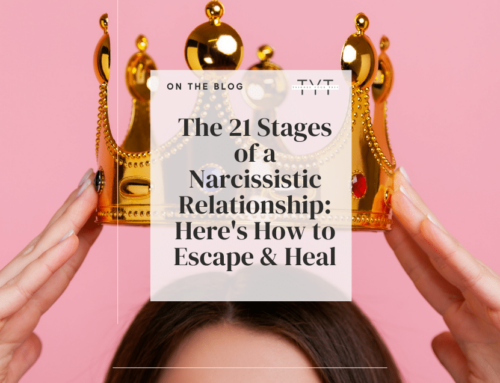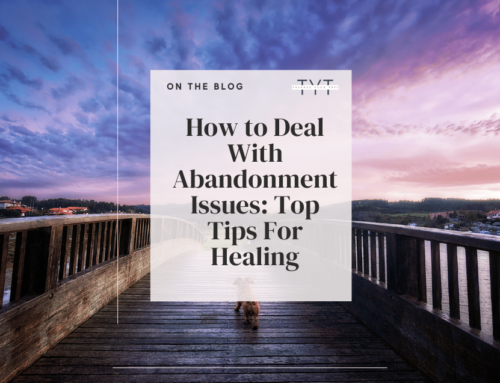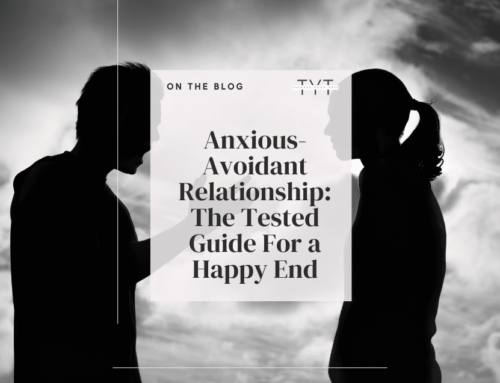Have you ever felt like something you did or said got blown way out of proportion? Or maybe someone made you feel crazy and doubted yourself for asking something simple. You’re in the right place! This article covers how to expose a gaslighter using the most brilliant and less-drama ways possible.
It also covers the different types of gaslighting and how to keep your emotions in check so you can respond accordingly at the moment.

It’s usual for people to experience some emotional abuse once in their life, and Gaslighting is one such type of abuse.
Gaslighting can severely damage the victim’s well-being and physical health, as it can cause them to doubt their own memories, perceptions, and sanity. In extreme cases, gaslighting can lead to anxiety, depression, and post-traumatic stress disorder.
Are you being gaslighted? Take a free quiz to find out.
Gaslighting and psychological abuse
Gaslighting is a form of emotional abuse in which the abuser deliberately distorts information in order to manipulate the victim.
Gaslighting takes many forms. Some common examples include denying that an incident took place, telling the victim that they are “remembering things wrong,” or telling the victim that they are “imagining things.”
The three different types of gaslighting in a toxic relationship

Workplace gaslighting
Workplace gaslighting is a common form of psychological manipulation in which an individual or group manipulates another person to gain control over them. The goal of workplace gaslighting is to make the victim doubt their own memories, perception, and judgment, often to the point where they question their sanity.
This can be done through various tactics, such as denying certain events, belittling the victim’s opinions or ideas, or questioning their memory of events.
Gaslighting from friends and family members
Family and friend gaslighting is particularly damaging because it often occurs in close relationships where there is a supposed level of trust. This makes it all the more difficult for the victim to realize what is happening and to take steps to protect themselves.
If you suspect you’re being gaslit by a family member or a friend, you must seek help from a trusted professional. With proper chat support, you can break free from this cycle of abuse and begin to heal.
Gaslighting in an intimate relationship
Your romantic partner is supposed to be your greatest ally. That’s why when the person you love the most gaslights you, it can devastate your mental and physical health and make you feel incredibly isolated and full of doubt.
If you’re in a relationship with somebody who gaslights you, try to discuss it with them. First of all, ensure you’re indeed being gaslighted. If you are, you’ll have to examine your options to outsmart them carefully.
More on toxic relationships:
-
Narcissist Prayer: The Best Way to Dive Into a Narcissistic Mind
-
How does a narcissist react when they can’t control you?
-
Trapped in a narcissistic relationship pattern? The 7 awful signs
How do you outsmart a gaslighter?

If you’re stuck with a gaslighter in your life, the best thing you can do is to prove that they’re gaslighting you and make them take responsibility for their abuse.
Finding evidence of the manipulation can help you prove that you’re not crazy, and it shifts the responsibility onto them to face the reality of their behavior. So here are the best ways on how to expose a gaslighter:
Create a robust support system
A strong support system is not only beneficial for mental health but also crucial for physical health. Psychological research from The University of Granada highlights how a strong support network increases longevity. When it comes to battling gaslighters, you need caring people around who believe your side of the story.
Work on your self-esteem and mental health
Self-esteem plays a massive role in how we shape our relationships. And research indicates that people with low self-esteem are more likely to concede to abuse and stay in bad relationships longer. If you’re in a relationship with somebody you believe is a gaslighter or abuser, consider taking a close look at your self-esteem, which might keep you stuck.
Seek professional help from a therapist to nurture your mental health
Knowing how to expose a gaslighter isn’t easy, especially when you’re the person being gaslit in the relationship. Psychological professionals have advanced training and will be able to tell you whether you’re relationship is healthy. They’ll also teach you how to better yourself through self-care and to set boundaries with the person abusing you.
Maintain control of the situation by acknowledging your own sense of self and worth
This goes hand-in-hand with nurturing your self-esteem. It’s important to remember that you don’t deserve to be mistreated. So, don’t allow it to continue.
Keep track of your own memory and feelings through journaling

I use my therapy workbook to track down my feelings and connect with my inner self. Find it here.
Gaslighters often challenge your memory by telling you something happened differently than how it did. They usually do this to make themselves seem innocent while painting you as a vindictive monster. By journaling, you can record events, process your feelings, and let off steam.
Recognize manipulative behaviors and break free from those people early on
If you’ve just entered into a relationship and you’re noticing some red flags, it might be worth considering exiting as soon as possible. If you can sense things are becoming more abusive or feel your well-being is at stake, consider leaving.
Gather evidence by getting an outside perspective
Ask a friend or family member what they think of the situation. This also lets them know that you’re struggling with something and puts more eyes on the case. It will be more difficult for the gaslighter to make up stories when there are multiple eyewitnesses.
Focus on your self-care and emotional well-being
Good self-care can change your entire reality. Focus on what makes you feel relaxed, well, and happy. Set boundaries and rules, and do anything you need to claim your self-care space.
Always know how to respond.
Expose a gaslighter by keeping evidence, spotting their manipulation, and asking for outside perception. It also helps to keep a journal.
What to say to someone who gaslights you?

“I know what I heard. I remember what I saw.”
“I accept you remember things differently, so we will have to agree to disagree.”
“Your joke made me feel depressed.”
“Are you questioning my sanity?”
“I remember things differently, so let me own my experience.”
Final thoughts
Gaslighting is a form of emotional abuse in which the abuser manipulates information to undermine the victim’s perception of reality. Standard gaslighting techniques include lying, denying, and playing mind games.
Gaslighting can significantly damage a person’s mental health, causing them to doubt their memory and perceptions. If you are in a relationship with a gaslighter, practicing self-care and setting boundaries to protect your well-being is essential.
Keep a journal to document the gaslighting incidents, and share your experiences with a trusted friend or therapist. When communicating with your abuser, be direct and assertive. Gaslighting is a destructive pattern of behavior, but with awareness and support, you can manage the impact on your mental health.




